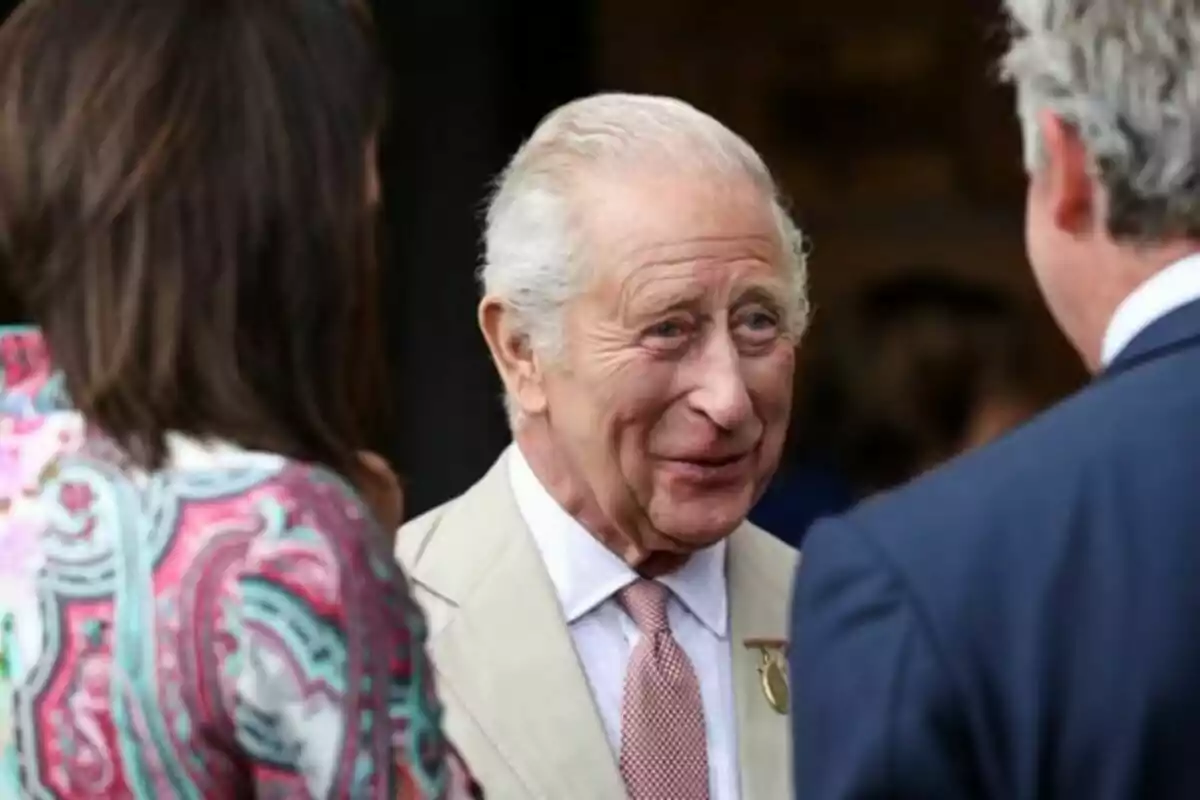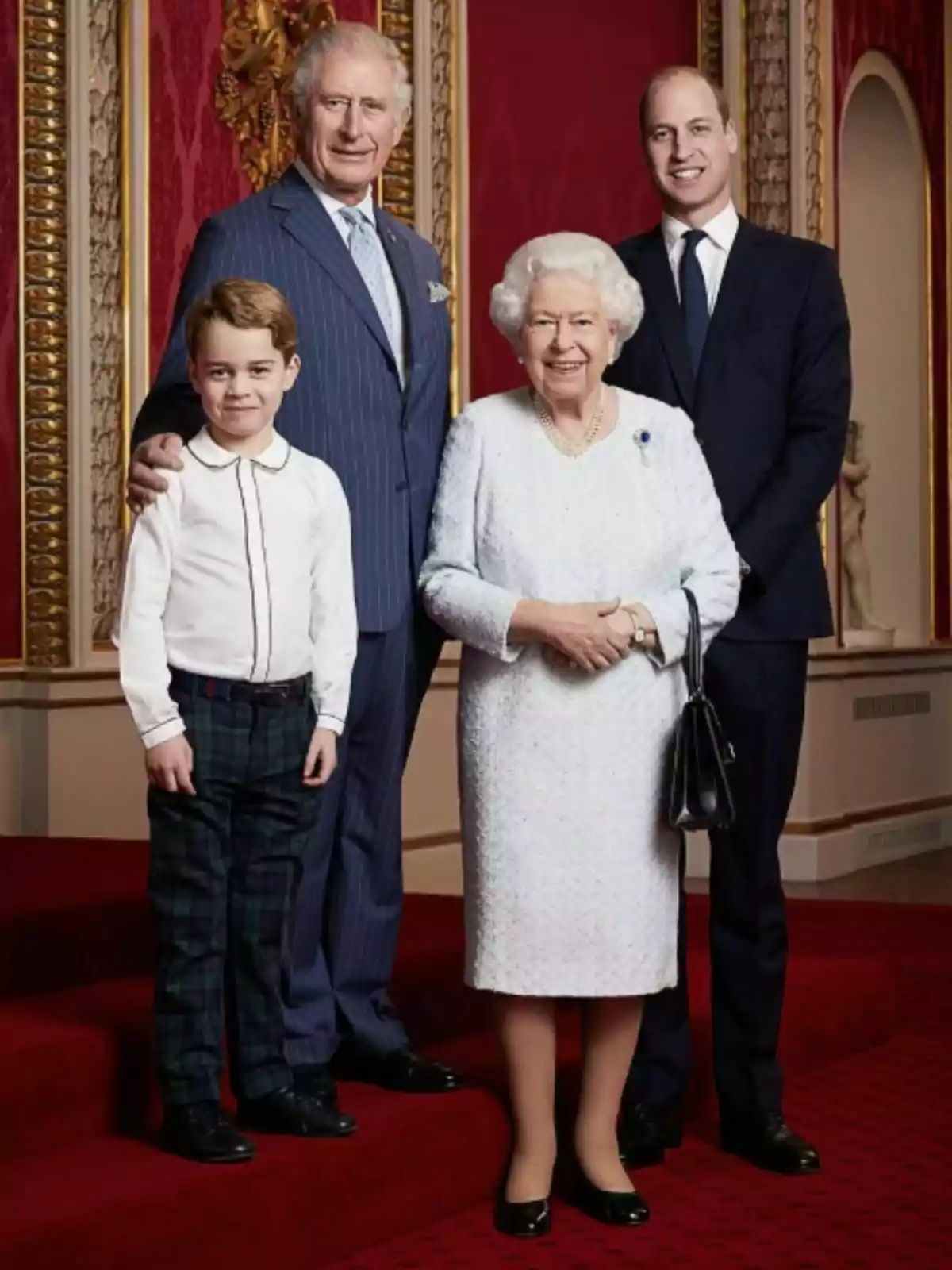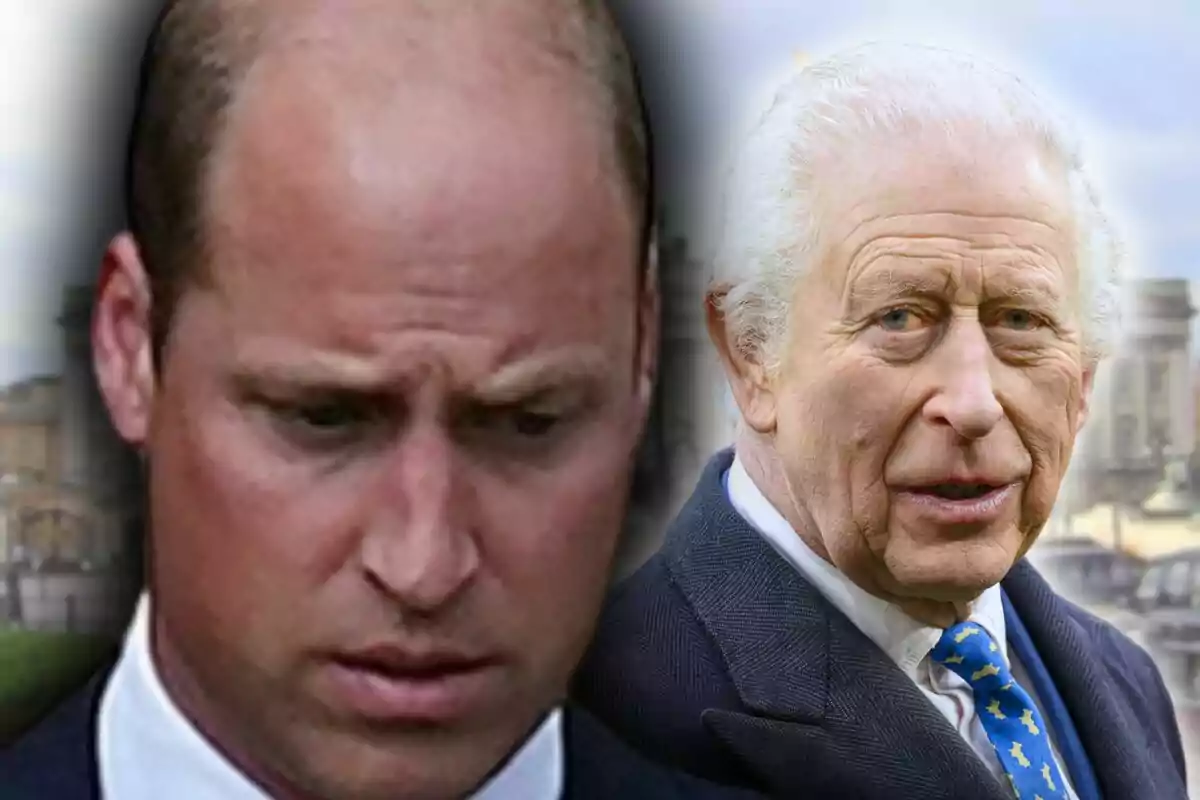An unexpected display of rebellionagainst King Charles IIIhas shaken the political landscape and has left Prince William perplexed. What happened in the Australian Parliament has reopened a latent debate and casts doubt on institutional loyalty toward the British monarchy.
What happened is not an isolated incident, but a sign of something deeper that could have consequences at an international level. The political and personal implications of this gesture have yet to be revealed, but they have already started to generate tensions within the royal family and the Australian government.

Australia: The lawmaker who blows up tradition
In Canberra, lawmaker Bob Katter surprised everyone by refusing to swear loyalty to the monarch during the opening of the new Parliament. Elected eleven consecutive times in Queensland, he replied with a clear "No, I swear loyalty to the Australian people."
The gesture, though brief, has caused a huge stir in the country. Not only because it was unexpected, but because it adds to other similar episodes. For example, the case of Indigenous Senator Lidia Thorpe, who had already refused to take a traditional oath in 2022.
Katter had previously expressed his discomfort at having to pay homage to a foreign monarch. His refusal did not stop the ceremony, but the message was powerful: for some, loyalty is no longer with the Crown.
An institutional rebellion that worries William
Prince William's reaction did not take long. As the future king, he is fully aware of the role Commonwealth countries play in the strength of the Crown. These kinds of acts, though isolated, directly affect the symbolic authority his family represents.
Sources close to the heir assure that he is "paying close attention" to how the debate over the figure of the monarch evolves in countries like Australia. For him, every act of public insubordination poses a threat to his future reign and to the legacy he will inherit from his father.
In addition, William is reportedly pushing for Buckingham Palace to address the issue with diplomacy, but without underestimating its seriousness. The monarchy, as he himself has said on other occasions, needs to keep connected with the feelings of the people.

The monarchy on alert in the face of the silent challenge
The gesture of rejecting loyalty to King Charles has set off all the alarms at Buckingham Palace. Beyond the immediate impact, there is concern that this attitude could motivate similar movements in other Commonwealth countries. Little by little, this could undermine the authority of the Crown.
Charles III's advisers are working on new strategies to reach younger generations. They understand that without adapting, the institution could lose importance and popular support. To that end, they are considering strengthening dialogue with local leaders and promoting initiatives that bring the figure of the monarch closer to current social concerns.
Meanwhile, the royal circle is carefully analyzing how to keep the balance between tradition and modernity, a challenge that has now become more evident. The institution knows that future stability will largely depend on how it responds to these signs of discontent within the Commonwealth.

